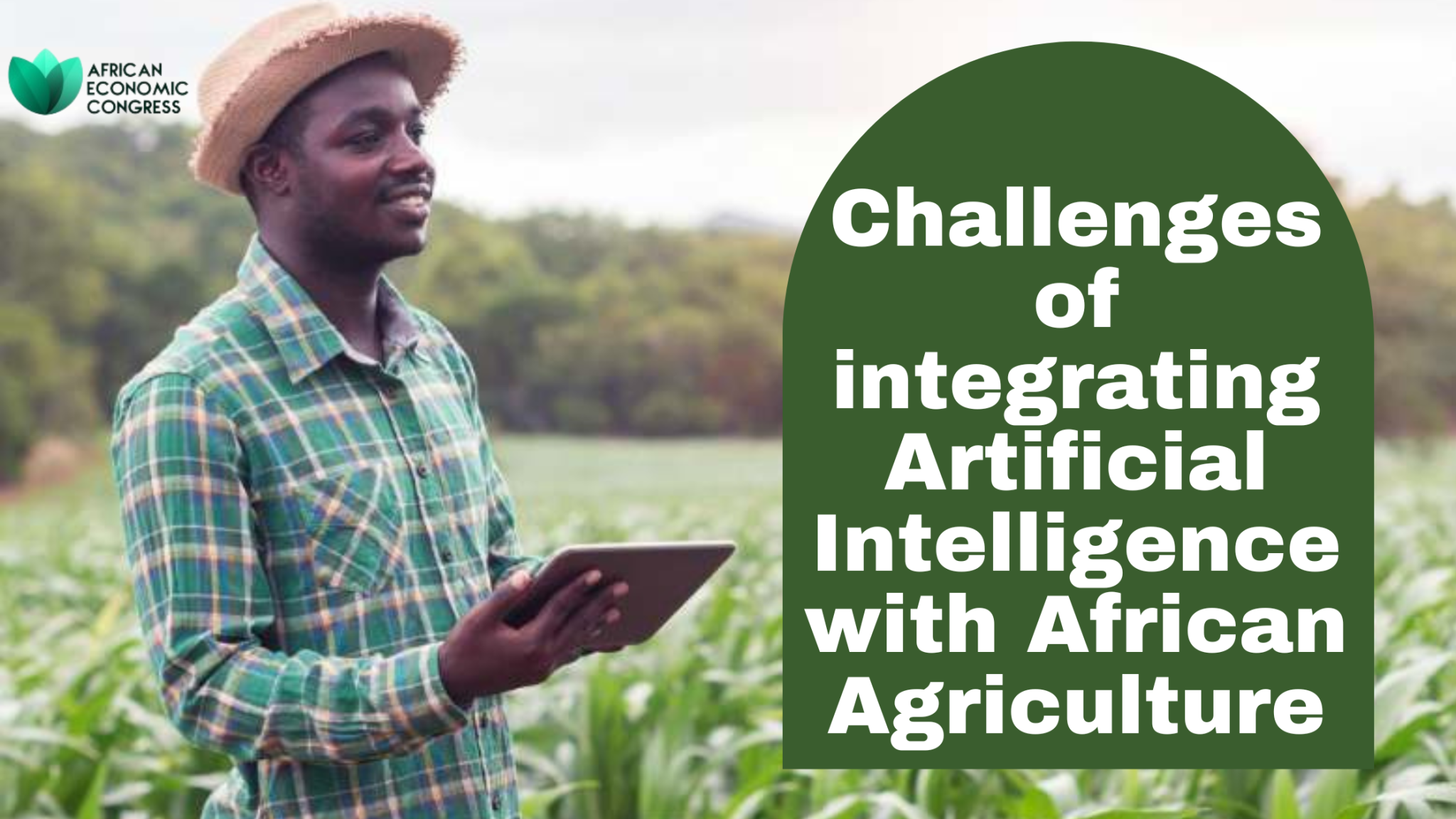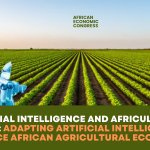Artificial intelligence offers a reliable technique and technologies that can transform agricultural practices in Africa, it empowers farmers with suitable tools to make the right and profitable decisions, it maximizes risk management and it will help farmers to make the right and precise agricultural business analysis.
Despite the potential benefit of AI to African Agriculture, some obstacles may hinder the effective integration of AI with Agriculture in Africa.
Challenges and consideration
Below are some of the challenges that may hinder the effective integration of AI with agriculture in Africa
Limited Resources:
Lack of available resources such as accessible and reliable internet service, and standard electricity may hinder the effective integration of Artificial Intelligence (AI) with agriculture, especially in remote rural areas.
Cost of implementation and maintenance:
to integrate agriculture with artificial intelligence the process required a significant financial investment in both the initial level and the ongoing maintenance of the system. This may hinder the proper integration of AI with Agriculture in Africa.
Data Accessibility:
The successful integration of AI models in every aspect depends on access to high-quality data. In Africa, there is a lack of available qualitative which will help in configuring the AI tools to the needs of African Agriculture. The lack of available data in the field of agricultural Business may hinder the effective integration of AI and Agriculture in Africa.
Skills Gap:
Proper integration of AI with agriculture required adequate IT skills which enabled the farmers to effectively utilize the AI tools in their farming activities. AI integration includes Building local capacity in AI programming, data analysis, and technology adoption to ensure that farmers and stakeholders can effectively utilize AI tools. Therefore lack of adequate skills on how to effectively utilize AI tools may hinder the proper integration of AI with agriculture in Africa.
Ethical consideration and Data protection:
As AI relies significantly on data gathered from different angles, a careful measure must be put into consideration to avoid misuse of people’s information in the process of integrating AI into Agriculture. Therefore ethical considerations around data privacy, data ownership, and algorithmic bias must be addressed to prevent exploitation and marginalization.
Conclusion:
For proper integration of AI with African Agriculture, careful measures must be put into consideration to address the above challenges. To address these challenges a collaborative effort among governments, Farmers, members of the society, financial and research institutions is required.



